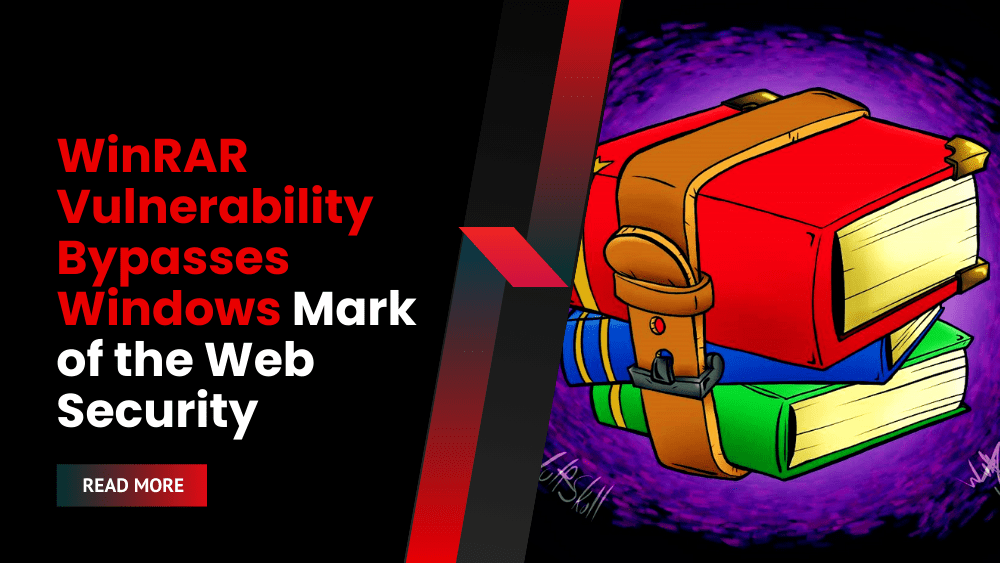A critical vulnerability in WinRAR, tracked as CVE-2025-31334, allows attackers to bypass Windows’ Mark of the Web (MotW) security feature. This allows malicious code execution without triggering the usual security warnings. The flaw affects all WinRAR versions prior to 7.11.
Understanding the Mark of the Web (MotW) and the Vulnerability
Mark of the Web is a Windows security mechanism. It flags files downloaded from the internet with metadata, indicating potential danger. When opening such a file, Windows displays a warning, prompting the user to proceed cautiously.
The CVE-2025-31334 vulnerability exploits a weakness in how WinRAR handles symbolic links (symlinks). A specially crafted symlink pointing to a malicious executable can bypass the MotW warning, even if the executable itself is flagged as unsafe. This allows attackers to execute arbitrary code. Critically, creating a symlink on Windows requires administrator privileges.
Technical Details of the Exploit
The vulnerability stems from WinRAR’s handling of symlinks pointing to executables. As stated in the WinRAR changelog:
“If symlink pointing at an executable was started from WinRAR shell, the executable Mark of the Web data was ignored.”
This oversight allows attackers to circumvent the security warning entirely.
Severity and Remediation
The vulnerability received a medium severity score of 6.8. The issue has been patched in WinRAR version 7.11. Users are strongly urged to update to this version immediately to mitigate the risk.
Responsible Disclosure and Past Exploits
The vulnerability was reported by Shimamine Taihei of Mitsui Bussan Secure Directions via the Information Technology Promotion Agency (IPA) in Japan. Japan’s Computer Security Incident Response Team coordinated the responsible disclosure with WinRAR’s developer.
It’s important to note that MotW bypasses have been exploited by threat actors in the past, including state-sponsored groups, to deliver malware silently. A recent example involved a vulnerability in 7-Zip, which failed to propagate MotW during double archiving, enabling the execution of Smokeloader malware.
The WinRAR vulnerability highlights the ongoing need for vigilance in software security. Prompt patching and responsible disclosure are crucial in preventing exploitation of such flaws. Enterprise businesses should prioritize updating WinRAR to version 7.11 or later to protect their systems from this critical vulnerability.









